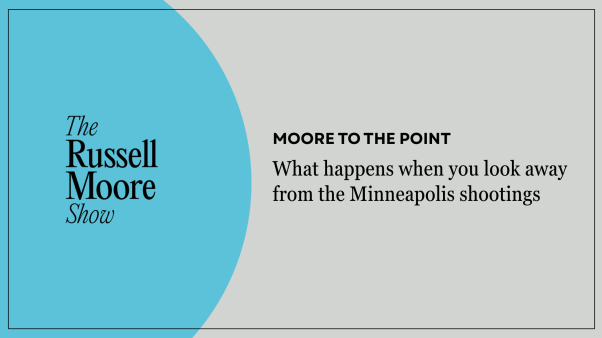Brand Jesus: Christianity in a Consumerist Age Tyler Wigg Stevenson Seabury Books, 2007$16; 234 pages
Consumerism makes an easy whipping boy. If you read the right periodicals or books, or listen to the right social commentators and pundits, you will doubtless have had your fill of breezily expressed, unsubstantiated claims about America's unhealthy love of material things. This is true whether the audience is secular or religious. It is, in fact, a truism that we live in a culture and age of consumption. When people make claims about our rampant consumerism, therefore, we aren't expected to evaluate them — we're just supposed to cluck in disapproving agreement. The woes of consumerism, it seems, don't need the support of data, since the information you need to render judgment is presumed to be all around: Have you been to a mall recently? Have you seen the teenagers?
I am not about to discount the claim that America, along with much of the West, is in the throes of consumerism. Nor would I contest that consumerism is indeed one of the more profound identifying characteristics of our culture. This entire book argues that our consumerist tendencies are real, profoundly negative, and increasingly significant to who we are — both to ourselves and as a culture in the world. The popular, knee-jerk reaction against consumerism, however, does far more harm than good.
But why is it so bad?
Sure, America is full of people who want to buy a lot of things. But pause for a moment and ask yourself what's so wrong with that. Be honest: if you think about it, you probably buy a lot of things (this book, for example-tell your friends!) and you're a pretty decent person, right? What is it about being a consumer in a consumerist society that is so self-evidently wrong? In our public conversations, one can find a great deal of condemnation of consumerism and very little defense of it, but usually these condemnations are the starting points of arguments — the presuppositions — rather than the conclusions. Usually, the evil of consumerism is the conclusion we already know. It is taken for granted. And this is the real problem.
When we assume from the beginning that consumerism is bad, we fail to take it out into the light of day and really look at it. We fail to examine its true significance. We realize its negative impact only in superficial ways (i.e., it makes us so greedy — as though people have not been greedy in times and places that are utterly devoid of consumer goods) and ignore the far more profound implications of our consumerist culture and personal impulses.
Consumerism is bad. It is very, very bad, indeed. But it is no worse than humans are, and we are no worse than we have always been. If we are to deal genuinely with the problem of consumerism, we need to answer the question of how its evil influences our world and our lives.
Excerpted from Brand Jesus: Christianity in a Consumerist Age , copyright © 2007 by Tyler Wigg Stevenson. Used by permission of the author.
Copyright © 2008 Christianity Today. Click for reprint information.
Related Elsewhere:
Read Mercer Schuchardt's review of Brand Jesus is also on our site today.
Brand Jesus: Christianity in a Consumerist Age is available from Amazon.com and other retailers.
HomileticsOnline interviewed Stevenson about Brand Jesus.
More reviews are in our books section.
CT's earlier articles on consumerism include:
Why the Devil takes VISA | A Christian response to the triumph of consumerism. (October 7, 2006)
Consuming Passions | One man's testimony from the First Great Mammon Awakening. (July 9, 2001)
Christmas Unplugged | Why spending less and turning off TV should be part of the church's mission to the world. (Dec. 9, 1996)
The Bobo Future | "Bourgeois bohemians" wield inordinate power over how we think about consumerism, morality—and faith itself. (July 25, 2000)
Trapped in the Cult of the Next Thing | If ever there was a cult that gave us stones when we asked for bread, this is it. (Sept. 6, 1999)
Keeping Up with the Amish | We evangelicals have made a too-easy peace with the inroads of consumer culture. (Oct. 4, 1999)
Shopping for the Real Me | Why nothing ever quite fits right. (Nov. 15, 1999)









